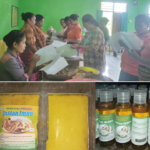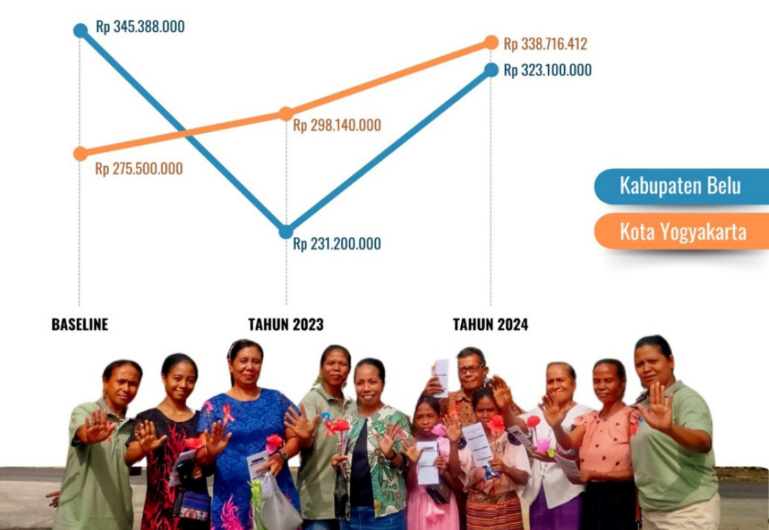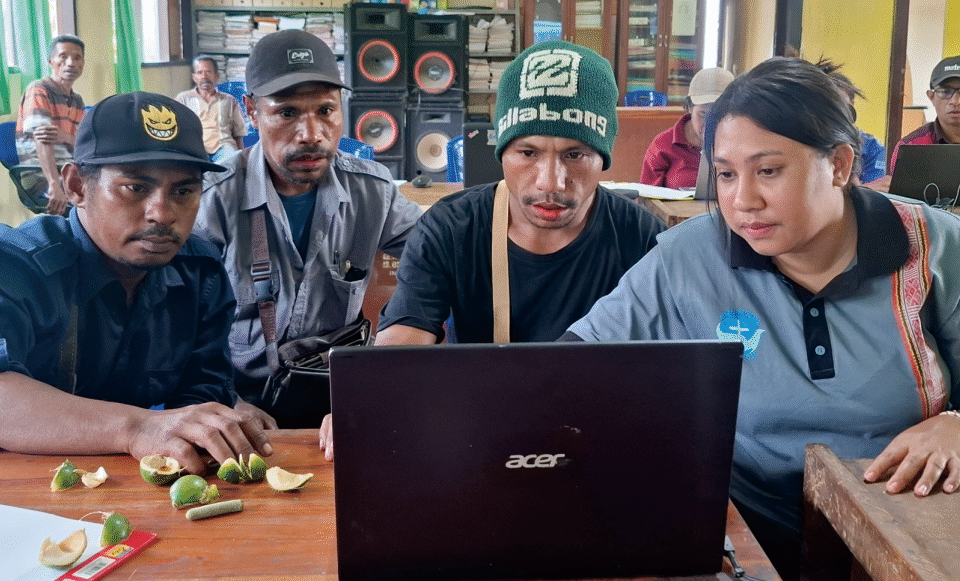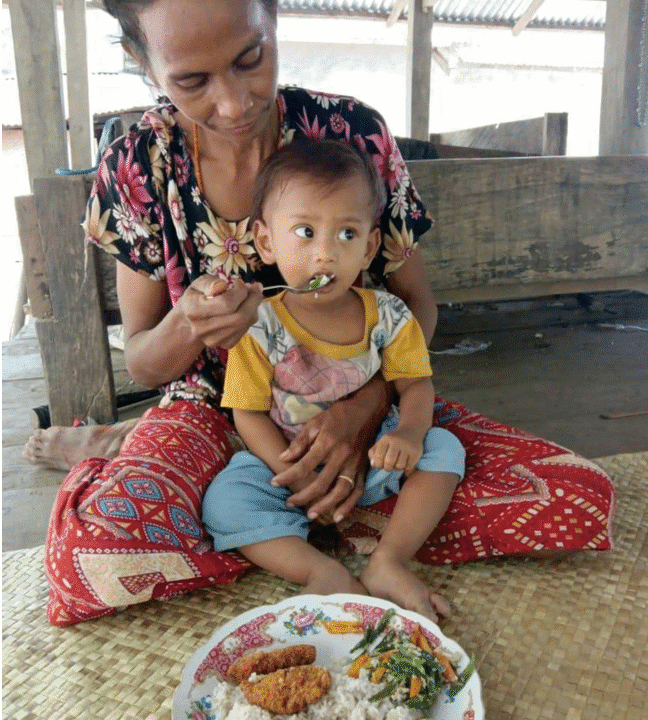Caring for Those with HIV and Embracing Survivors of Violence
March 28, 2025
The Sun Brings Light to Bisesmus
April 24, 2025Self-Acceptance Improves the Quality of Life of PLHIV
Living with HIV is not easy. People living with HIV (PLHIV) often face stigma not only from society but also from within themselves, a phenomenon known as self-stigma. This internalised stigma can lead them to believe they are unworthy of acceptance because of their status. As a result, many experience feelings of insecurity and struggle to engage socially with those around them—sometimes even to the extent of avoiding their routine medication.

Self-acceptance Training for PLHIV in Belu Regency
Self-acceptance of one’s status as a PLHIV marks the beginning of a new and better chapter in life. However, this process of acceptance is often challenging. Recognising this, CD Bethesda YAKKUM, through its HIV and AIDS Integrated Control Program, has initiated Self-Acceptance and Open Status Training for PLHIV in the Belu Regency. The training is designed to help participants gain a deeper understanding of the value of life, build self-confidence, and explore how positive and negative thoughts influence emotional well-being and interpersonal relationships. It also encourages proactive behaviour, effective communication, and the power of self-healing.
Self-acceptance training has been conducted three times using a tiered approach involving PLHIV from the CD Bethesda YAKKUM intervention area in the Belu Regency. The first session, held on October 8–9, 2021, focused on reflection and building meaning through self-acceptance. The second training, conducted on May 4–5, 2022, centred on stress management. The third session, held on June 3–4, 2023, adopted a more open and empowering approach to foster independence among PLHIV. These trainings have proven to be constructive and impactful, as participants reported experiencing significant positive changes in their lives.
One example of the positive changes experienced by PLHIV in Tukuneno Village is IL. They have been living with HIV since 2014. When they were first diagnosed, the news came as a shock, and they decided to quit their job. They began living with a deep sense of hopelessness and depression, feeling inferior both socially and within their family. Despite these challenges, they held on to hope and continued to persevere. In 2020, their journey took a positive turn when they joined the Moris Foun Peer Support Group, in collaboration with CD Bethesda YAKKUM in the Belu area.
IL developed confidence and courage by participating in self-acceptance activities three times and began recognising her strengths. This had a positive impact on their daily lives. They no longer feel overly anxious about their actions. They feel free to pursue what they enjoy and take responsibility for their choices because they have come to understand and accept their limitations. Now, they live confidently and optimistically, embracing their journey as PLHIV.

Red Ribbons for the Community in Commemoration of World AIDS Day 2023 as a Symbol of Care
After participating in various activities and sharing experiences with peers, IL finally came to accept their status as a person living with HIV fully and felt ready to open up to others. They even started a small business at home, running a kiosk and engaging in other entrepreneurial activities. What’s truly remarkable about IL is their role as a pioneer in HIV and AIDS prevention within their family and village. For instance, when family members return from working overseas (such as in Borneo or Malaysia), IL willingly offers guidance and encourages them to check their health at the nearest health centre. They even accompany them voluntarily throughout the process, ensuring they feel supported and informed.
IL is also actively involved in the AIDS Care Community in her village. Alongside other community cadres, she participates in various HIV and AIDS prevention and control efforts. These include sharing her testimony during outreach activities with the community and high-risk groups, visiting and supporting people living with HIV who have been lost to follow-up (LFU), building networks, and advocating for village-level policies—such as the allocation of Village Funds for HIV and AIDS-related programs. These are all concrete and impactful steps toward addressing and preventing the spread of HIV and AIDS in the Belu District.
IL’s story highlights the importance of Self-Acceptance and Open Status Training for all PLHIV. These activities create a supportive environment where PLHIV can uplift one another, share their struggles, and find strength in the community. Through this process, the negative stigma that PLHIV cannot coexist with the broader public begins to fade. Self-acceptance and openness empower PLHIV to reclaim their place in society—not as outcasts but as strong, resilient individuals. With renewed confidence, they are ready to pursue their dreams and hopes, improving their quality of life in a more meaningful and fulfilling way.
(Febronia Kefi)




